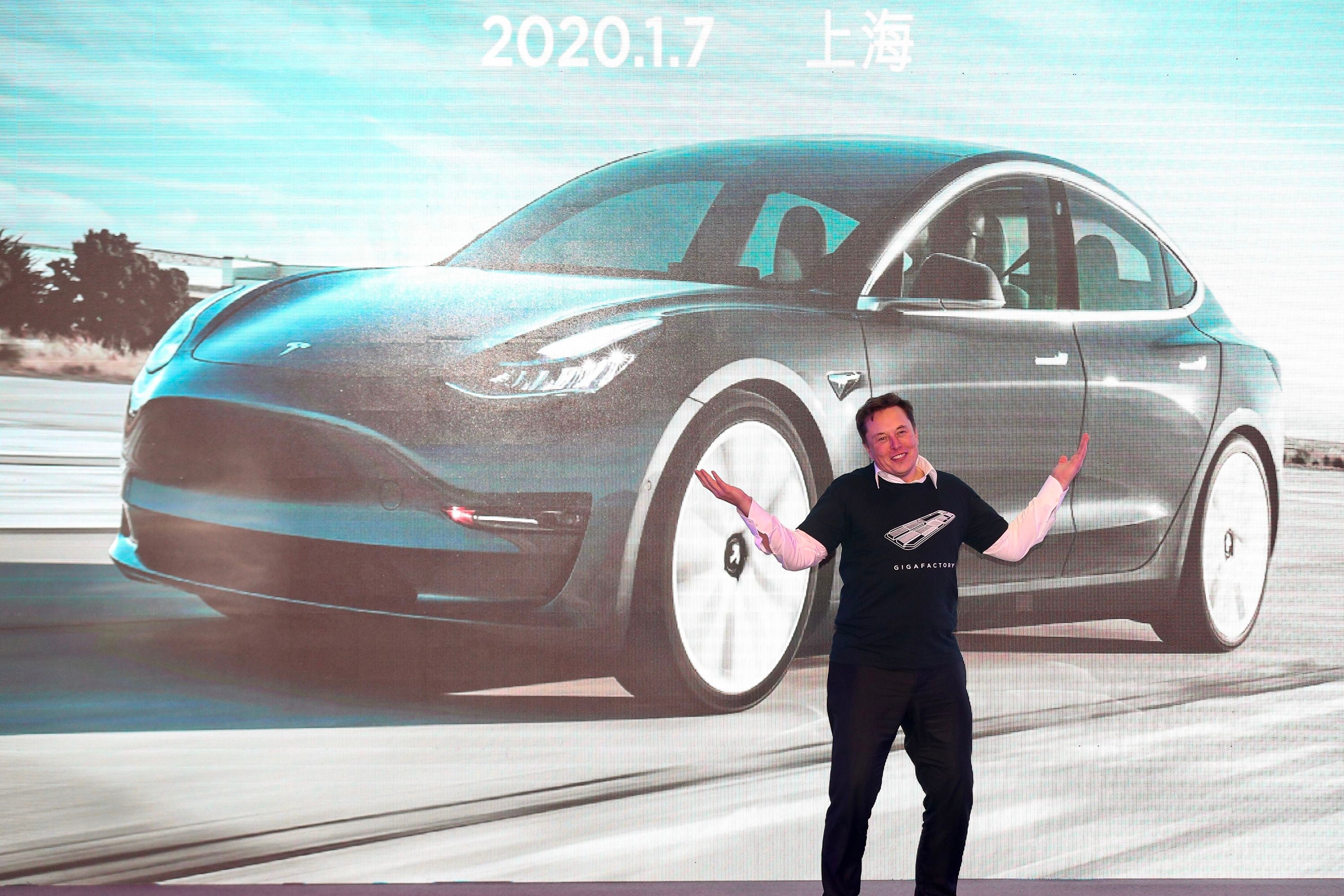Consumers can drive climate action – look at the success of Elon Musk’s Tesla
People are switching to electric cars – not because governments tell them to, but because they want to buy them, writes Hamish McRae


Follow the money. Elon Musk has become by far the richest person in the world, worth some $290bn. The news that Hertz would be buying 100,000 Tesla cars catapulted the company’s market value to $1 trillion. Add in the fact that last month the Tesla Model 3 was the best-selling car in Europe, it seems clear that a tipping point has been passed.
You could say Elon Musk has been given his reward for services to environmental issues, for he has pretty much single-handedly transformed the global motor fleet from internal combustion engines to electric ones. Or you might equally say that it shows the absurdly high valuations now put on US technology companies, for eight of the top 10 wealthiest people in the world, according to the Bloomberg Billionaires Index, are American technology billionaires. (The top UK entry in the index, James Dyson, comes in at number 71 – rich Britons are way down the global league table.)
Either way, Elon Musk’s wealth raises an issue that should be at the heart of the debate at Cop26 in Glasgow next week. It is the extent to which market capitalism has become part of the solution.
People are switching to electric cars, not because governments tell them to, but because they want to buy them. Investor choice is further driving the switch. Companies have to press on as far as they can to green their operations, for the market will cane those sticking with old and dirty technologies, and reward those developing new ones.
The oil companies are all trying to promote renewable energy and step back from oil and gas, while the mining giants are focusing on increasing production of minerals such as lithium that are used in batteries, and cutting back on investment in the dirtiest of the fossil fuels, coal.
Just about every quoted company in the world, and many privately-owned ones, have some form of ESG strategy – environmental, social and governance. You can be cynical about this, and you would be right to be wary. The ugly idea of “greenwashing” a company’s activities, making them look more environmentally sustainable than they really are, is widespread. No one is perfect.
There is a danger, too, that investor pressure will have the perverse effect of stopping enterprises in the developed west from doing activities that might be seen as environmentally harmful, and instead pushing the activity to companies that operate with less scrutiny (and lower environmental standards) in authoritarian regimes. Would you rather UK companies develop North Sea gas fields, or Britain buy gas from Russia?
But I think the most important thing is not so much how market capitalism is, or is not, changing corporate behaviour, but rather two other issues. One is the impact of the tidal wave of money being invested in environmental advances. The other is the power of consumer choice.
To keep up to speed with all the latest opinions and comment sign up to our free weekly Voices newsletter The Opinion by clicking here
As far as the flow of investment is concerned, we are in the middle of an extraordinary boom. The US bank Morgan Stanley thinks that by the end of this year, global capital investment will be 115 per cent of pre-pandemic levels and by the end of next year, it will be higher still. This is a worldwide, universal phenomenon.
As with all investment, some will be misplaced, but the overall outcome will be a more efficient and more environmentally sustainable world economy.
As for consumer preferences, the great challenge will be to extend the electric car revolution to other areas of the economy. We need a string of Elon Musks transforming other forms of transport and other energy-consuming activities in the way he has the motor trade. Market capitalism is rough old trade, but if there is money to be made in creating a genuinely greener and more sustainable world economy, people will figure out a way of doing so.



Join our commenting forum
Join thought-provoking conversations, follow other Independent readers and see their replies
0Comments